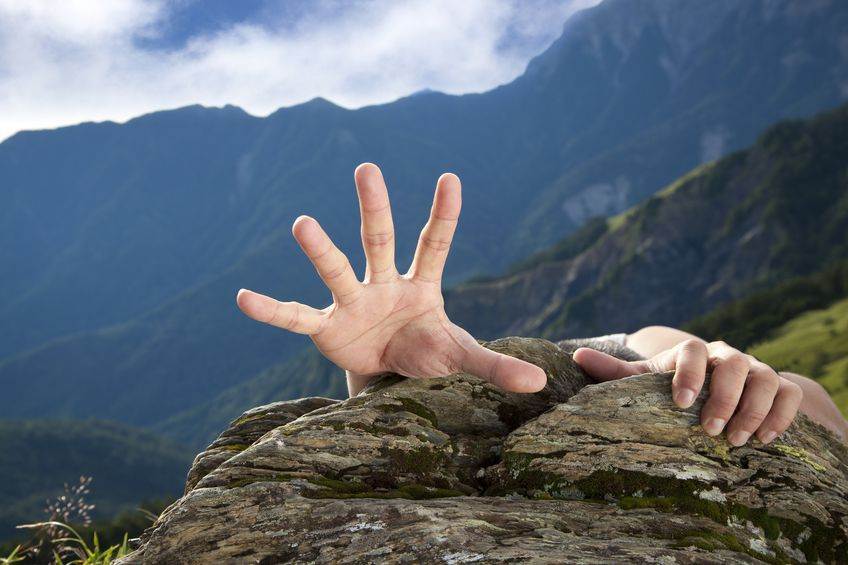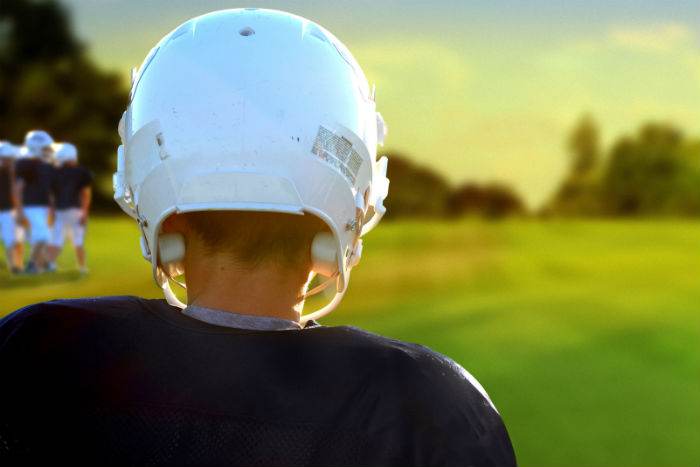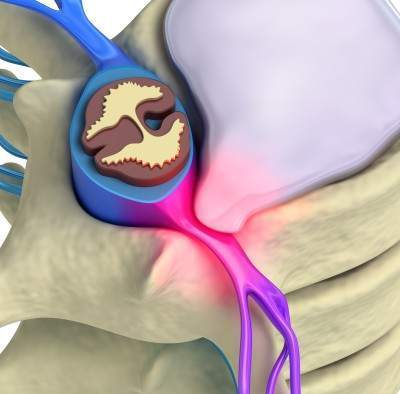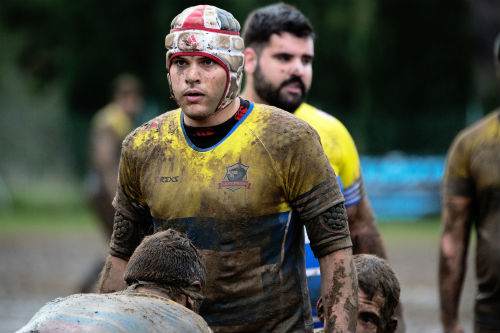Fall Prevention: The Secrets for Aged Loved Ones’ Safety

Are you among the fortunate ones whose ageing parents haven’t experienced a fall? Statistics show that 1 in 3 Canadians over the age of 65 has faced a fall, leading to fractures in areas like the hip, wrist, or pelvis. If you’re concerned about the safety of your loved ones, here are some simple and effective tips for fall prevention.
Best Toronto Chiropractor: How to Find The Best Chiropractor In Your City
1. Strengthen Those Muscles For Fall Prevention
One of the primary contributors to ageing-related issues is muscle weakness, often leading to balance problems. Strong muscles not only enhance balance but also contribute to denser and more resilient bones. Engaging in exercises, especially those incorporating free weights and body weight, not only strengthens muscles but also improves overall balance. The good news is that studies have shown that even older individuals can increase bone density and muscle mass with appropriate exercises.
2. Regular Exercise is the Key For Fall Prevention
Getting stronger is one thing, but maintaining that strength is equally crucial. After just two weeks of inactivity, muscles can start to weaken. For seniors, keeping up with regular exercise becomes even more vital. A combination of 20 minutes of callisthenics or free weights and 20 minutes of brisk walking can make a significant difference. Consulting with a doctor and, if necessary, a personal trainer can ensure a safe and effective exercise routine tailored to individual needs and goals.
3. Medication Check-Up:
Many seniors find themselves on a multitude of medications, often without a comprehensive overview of their drug interactions. Dr. Vikas Agarwal emphasizes the importance of a medication “brown bag” check with your general practitioner. This involves bringing all medications, including vitamins and over-the-counter drugs, to your doctor. Overmedication can affect balance and cause side effects contributing to falls. Pharmacist consultations can also provide valuable insights into medication interactions and thus fall prevention.
4. Make Your Bathroom Safe Haven:
The bathroom can become a hazardous zone, especially for those dealing with muscle wasting or disease. Installing grab bars, using proper bath mats, and considering safety-focused additions like walk-in bathtubs can significantly reduce the risk of falls. Bath seats provide a comfortable alternative to standing during showers, promoting safety and independence.
5. Check Your Senses:
Don’t underestimate the role of vision and hearing in preventing falls. Regular eye and ear check-ups can identify issues that might compromise balance. While the cost may be a concern, it’s a small investment compared to the potential consequences of a serious fall.
Conclusion:
By taking these simple yet impactful steps, you can significantly reduce the risk of falls for your ageing loved ones. Prioritizing muscle strength, maintaining an active lifestyle, staying vigilant about medications, securing the bathroom environment, and monitoring sensory health can collectively contribute to a safer and more enjoyable senior life.
Hope that helps prevent somebody in your life from falling to the floor.
Tell us what you think in the comments below and like us on Facebook. This Toronto Downtown Chiropractor will answer all questions in the comments section of this blog.







